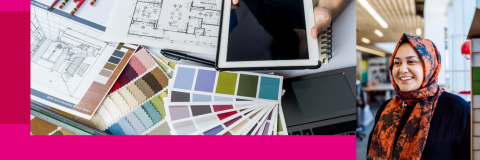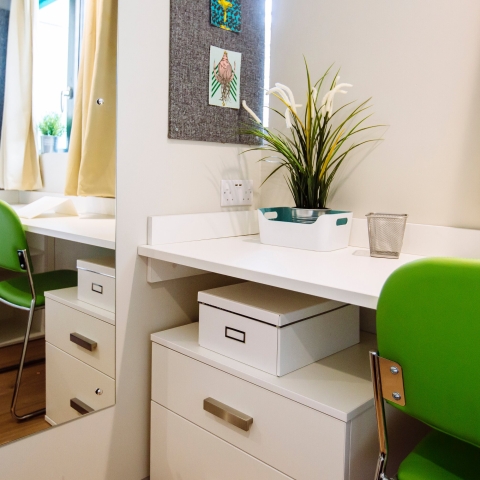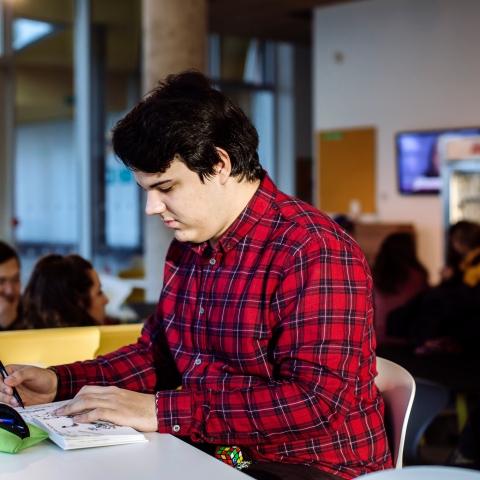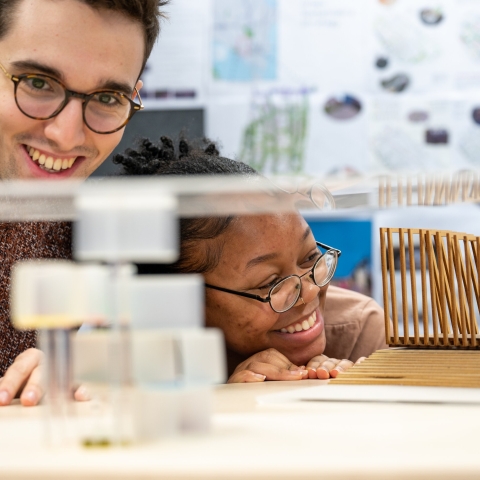
Competition for jobs in this sector is fierce and work experience could be the deciding factor to securing a graduate job. Undertaking work experience is invaluable in developing expertise and transferable skills, while demonstrating to employers your motivation and commitment to the design industry.
Types of opportunities
Internships (usually a fixed period or a limited amount of time), will give you a more hands-on experience. Many employers will treat internships in the same way as full-time employment, so when a job role asks for 'at least one year’s experience’ you can include this type of experience.
Placements will give you a long-term look at an organisation, and help you to build contacts and experience. On some degrees work placements are part of the programme, whilst on others you can choose to complete a placement as one of your modules. Many courses at the University of Portsmouth enable you to complete a one year work placement or self-employment placement; should you choose to undertake either, your first point of contact is your placement team.
Search for advertised placements at:
Learn more about taking a placement
Many students from the Faculty of Creative and Cultural Arts choose to take a Self-Employed Placement. This allows you to work for yourself during your placement year and receive support from the University's Student Startup Team. You will have access to funding opportunities, networking events and workshops.
Learn more about Self-Employed Placements
It is worth considering the voluntary sector for work experience - this could be a valuable way to build up your skills and knowledge in this field. Our Volunteering Bank provides local opportunities to undertake alongside your studies, listing roles such as:
-
Theatre Production Assistant at the King's Theatre
-
Exhibition Volunteer at Aspex Gallery
Where to find work experience opportunities
Enter competitions, attend exhibitions, take part in live briefs and get involved in any opportunities you can to meet people and network!
Speculative applications
It can be tricky to find advertised work experience positions in the interior design sector, so you may need to use the speculative approach to enquire about suitable opportunities.
- Send a CV and brief cover letter to an employer that interests you, and simply ask if they might consider offering you any work experience. Be open and flexible - even one day of work shadowing could be useful for you!
- Approach small and medium size companies as well as large organisations about potential opportunities. Contact interior design and architectural firms, design consultancies, construction companies, visual merchandising departments and theatres.
- Try using these directories to locate potential employers in the design industry:

Enable University alerts
Turn on notifications for critical updates like closures, safety alerts, and urgent service disruptions.









